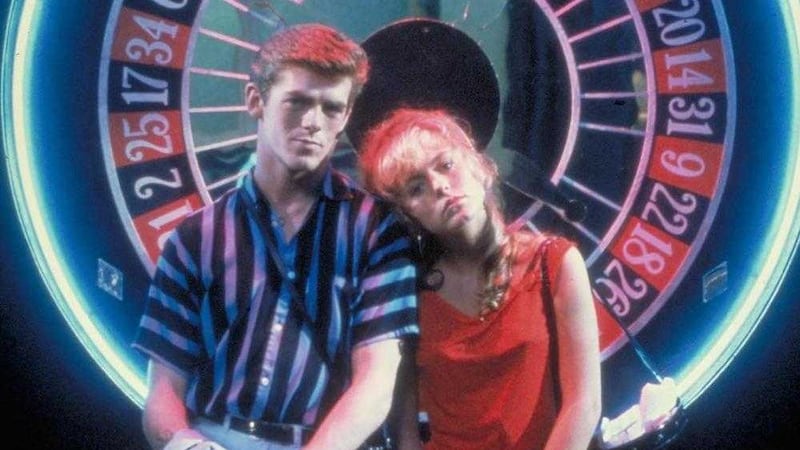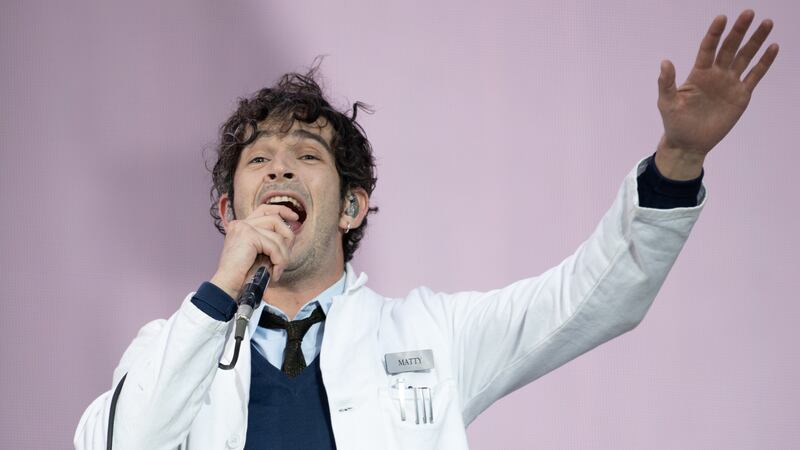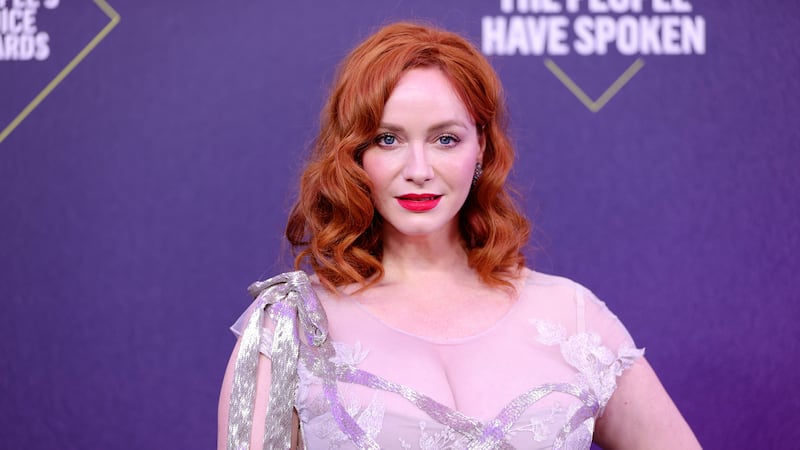Absolute Beginners
WHEN director Julien Temple's Absolute Beginners arrived on cinema screens in 1986 it was roundly dismissed as a cultural folly of the highest order.
A manic pop musical set in and around the coffee bars and jazz joints of Soho and Notting Hill in the 1950s that placed the likes of David Bowie and Ray Davies shoulder to shoulder with 80s icons like Sade, it's a film that was slaughtered critically at the time and has languished largely unloved ever since.
In some ways, the ire the project inspired in many is easy to understand.
Fans of the youth culture-centric 1959 novel by Colin Macinnes on which it was based were outraged by what they perceived as a watered- down version of the author's supremely stylish vision.
Where the words of that cult classic snapped and crackled with a post-war hipster pop and fizz, so Temple's film seemed to chug along like an elongated 80s pop video.
Many bemoaned the clumsy attempts of a frothy modern musical to tackle inner city racial tensions of the 1950s and dismissed the acting, from both musical stars and thespians alike, as amateurish and embarrassing.
Everyone else, it seems, just thought it was a self conscious mess from start to finish.
Watching it today in its brand new Blu-ray issue from Second Sight, Absolute Beginners still feels like a film that's fatally flawed, but one that's worthy of a second chance at redemption all the same.
Yes, it has the sheen of a slickly produced MTV video and the musical moments are hit and miss to say the least, but there's a genuine vitality and devil may care attitude on show that salvages proceedings.
Temple has the wit and the bare faced cheek to make the simple story – a photographer called Eddie (Eddie O'Connell) falls for a cool party girl Crepe Suzette (Patsy Kensit) in a London buzzing with jazz music – work to his own ends.
That means a wildly idiosyncratic ride that taps nicely into the 50s jazz scene (which was enjoying a bit of a revival in the mid 80s) and serves as an impressive document of a disappearing England as well.
Appropriately enough, given the nature of the film, the performances and the music also swing from the sublime to the ridiculous throughout.
Bowie's title song is magnificent of course, even if his turn as none more wooden ad man Vendice Partners is not.
Ray Davis delivers the fabulous Quiet Life and Sade slinks her way through a jazz lite performance that only serves to remind us why that decade often stunk of imitation and affectation.
There are endless cameos for cultural figures as diverse as Alan 'Fluff' Freeman and Lionel Blair and even Mandy Rice Davis – a key player in the Profumo scandal of 1961 – is featured along the way.
The result is a hyper-stylised day-glo Roy Liechtenstein style sketch of 50s youth culture. In some ways it echoes the knowing coffee house satire of something like Expresso Bongo – the sparkly new BFI Blu-ray of which was reviewed in this column some months ago – and nods ahead to the retro obsessions of the following decade's Britpop explosion.
Second Sight's release features a new documentary on the film, with contributions from production designer John Beard, cinematographer Oliver Stapleton and Temple himself.
It's a reminder that, while far from a full-blown success, Absolute Beginners at least deserves at least a second glance.








